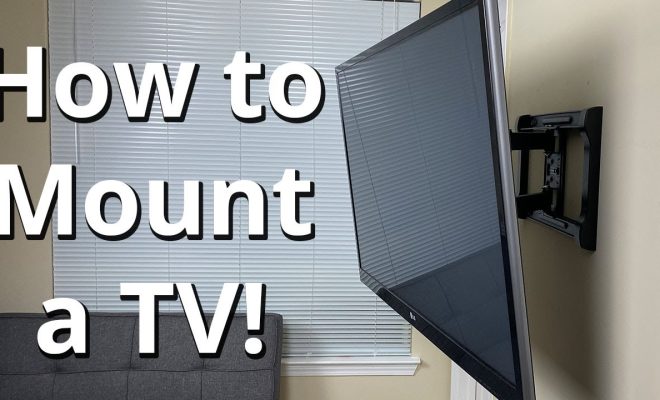3 Ways to Cope with the End of a Long Friendship

It can be heart-wrenching when a long-term friendship comes to an end. Whether it’s due to disagreements, growing apart, or other circumstances, losing someone you’ve shared years of memories with can be incredibly difficult. In this article, we’ll offer you three ways to help you cope with the end of a longstanding friendship and move forward in a positive direction.
1. Allow Yourself to Grieve
Feeling sad, angry, or confused is completely normal when faced with the end of a cherished bond. It’s essential to let yourself feel these emotions instead of bottling them up inside. Give yourself the time and space necessary to grieve the loss of your friendship. You may find it helpful to talk about your feelings with a trusted family member or another friend who can provide support and understanding.
2. Focus on Self-Care
Taking care of your physical, emotional, and mental well-being is crucial during this transition period. Engage in activities that make you feel happy and fulfill your passions—exercise, spend time in nature, indulge in your favorite hobby, or pick up something new that you’ve always wanted to try. Surround yourself with positive influences and remind yourself that ending a friendship doesn’t mean you’re unworthy of love or companionship.
3. Keep Moving Forward
While reflecting on memories and shared experiences is part of the grieving process, dwelling on them for too long can hinder your growth and healing. Acknowledge the lessons you’ve learned from this friendship and consider how they can contribute to your personal growth moving forward.
The end of a long-term friendship may require creating new routines or seeking friendships elsewhere. Although challenging at first, establishing new connections will allow you to fill the void left by the ending of your dear friendship.
In conclusion, coping with the end of a long friendship is never an easy process. However, by allowing yourself to grieve, focusing on self-care, and keeping the momentum of life moving forward, you can emerge stronger and wiser. This difficult period can ultimately be a catalyst for personal growth, helping you build stronger and more fulfilling relationships in the future.

